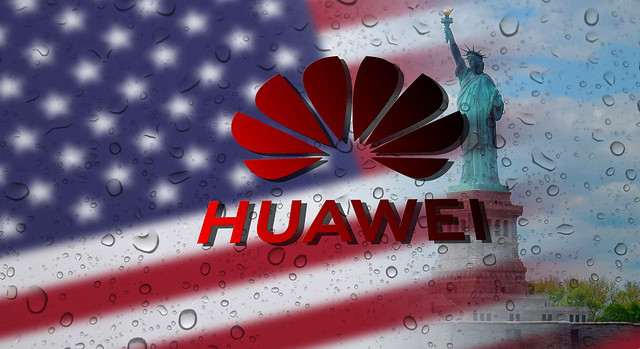It hadn't been easy for Huawei recently when on December 2018, its chief financial officer got detained in Canada to which this got followed up by the Trump administration proposing a global ban of Huawei's 5G equipment.
However, one of its key allies, Germany has resisted the total ban proposal and the threat of US withholding intelligence information from them just like much of Africa, the Americas, Europe, and the Middle East saying no to the US.
Since Huawei's breakout contract in 2009 to build a 4G network in Norway, it started operating in more than 107 countries bringing in the company $107 billion in profits in 2018.
Even during this third quarter of 2019, the company's revenue increased by nearly 25% year-on-year because of smartphone sales and the more than 60 contracts for 5G it got with international carriers.
Many countries will continue with their 5G rollout using at least some Huawei equipment.
Some countries commented that using or not using Huawei is their sovereign choice and not of the US'.
Without any proof, in May of this year, the Trump administration alleged Huawei's deals would open back doors for the Chinese government to gather intelligence.
This led to Huawei getting blacklisted from doing business with almost any US company.
But President Trump took back the ban in June by letting American companies apply for an exemption to sell to Huwaei.
For the record, one of Huawei's top executives fiercely denies US allegations that it spies and says it is not 'cozy' with the Chinese government.
Graham Webster, a technology commentator and editor at Stanford-New America's DigiChina project says that it is the reality that 5G is so new that even the US has difficulty assessing its alleged cybersecurity threat that other countries have found the US' demand to ban Huawei questionable.
Huawei has a built-in 5G advantage in Europe because of the extensive 4G networks it has built.
Analysts say that countries that are building out the first wave of 5G on top of their existing 4G infrastructure will have to use at least some Huawei equipment or expensively remove Huawei from their 4G networks.
Nikhil Batra, a senior research manager at research firm IDC in Australia confirms such is the case and that is "why 4G is important to 5G implementation."
The British government let companies use Huawei equipment in only "non-core" elements of its 5G network and has set up an independent security screening body to assess the company's hardware and software security annually.
Bahrain and Cambodia, on the other hand, have fully welcomed Huawei's 5G because the company's services and products are cheaper than those of Nokia and Ericsson.
Only a few other countries: Australia, Japan, and New Zealand have said no to Huawei 5G while other countries remain undecided.





